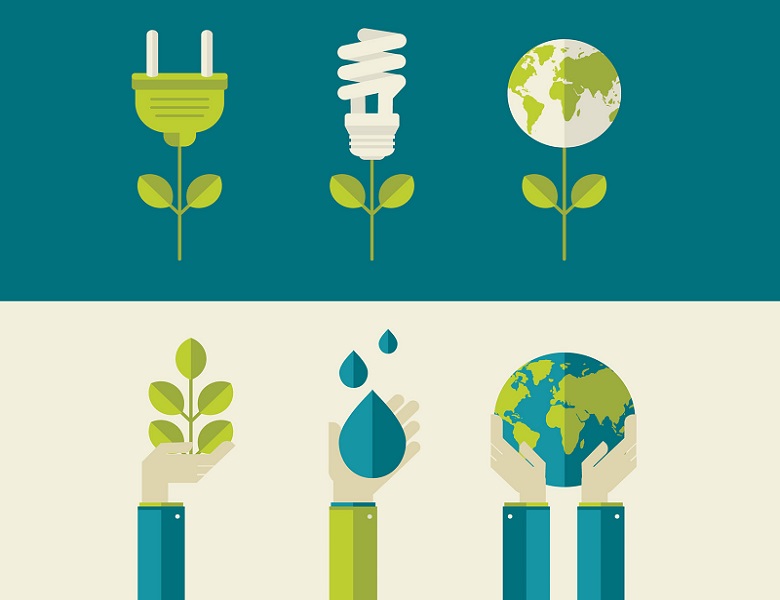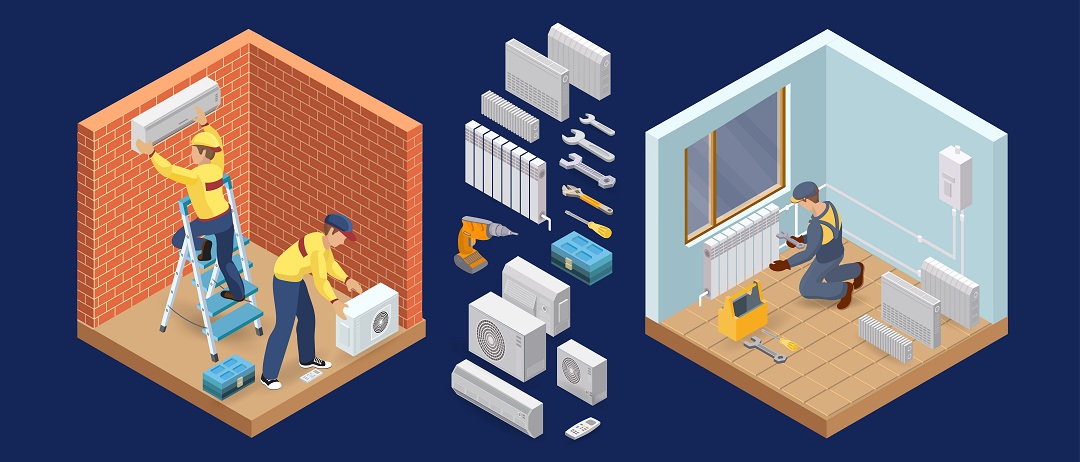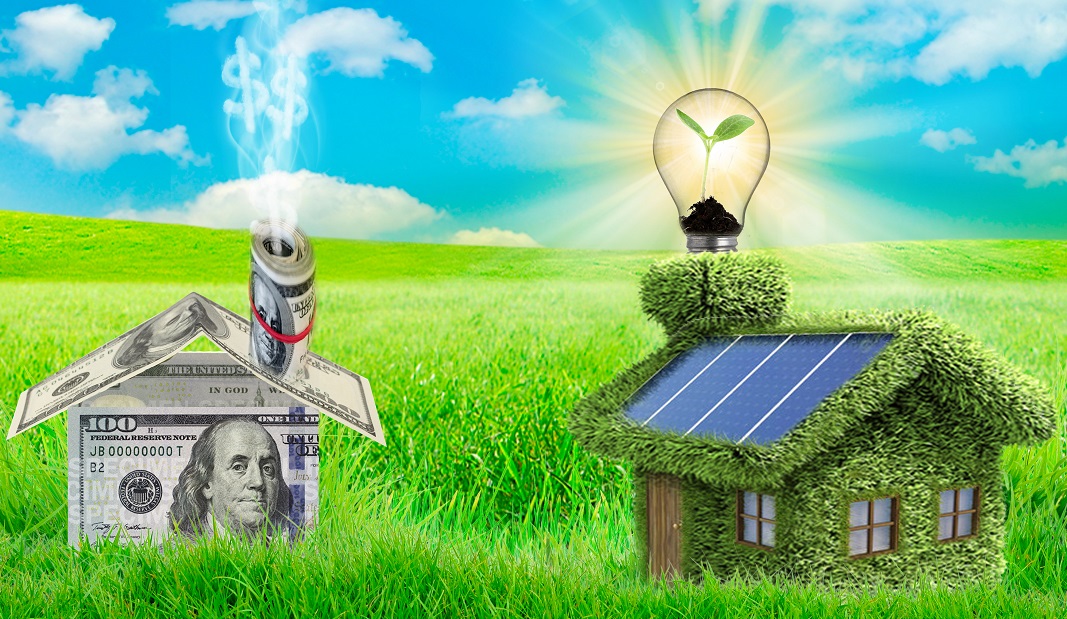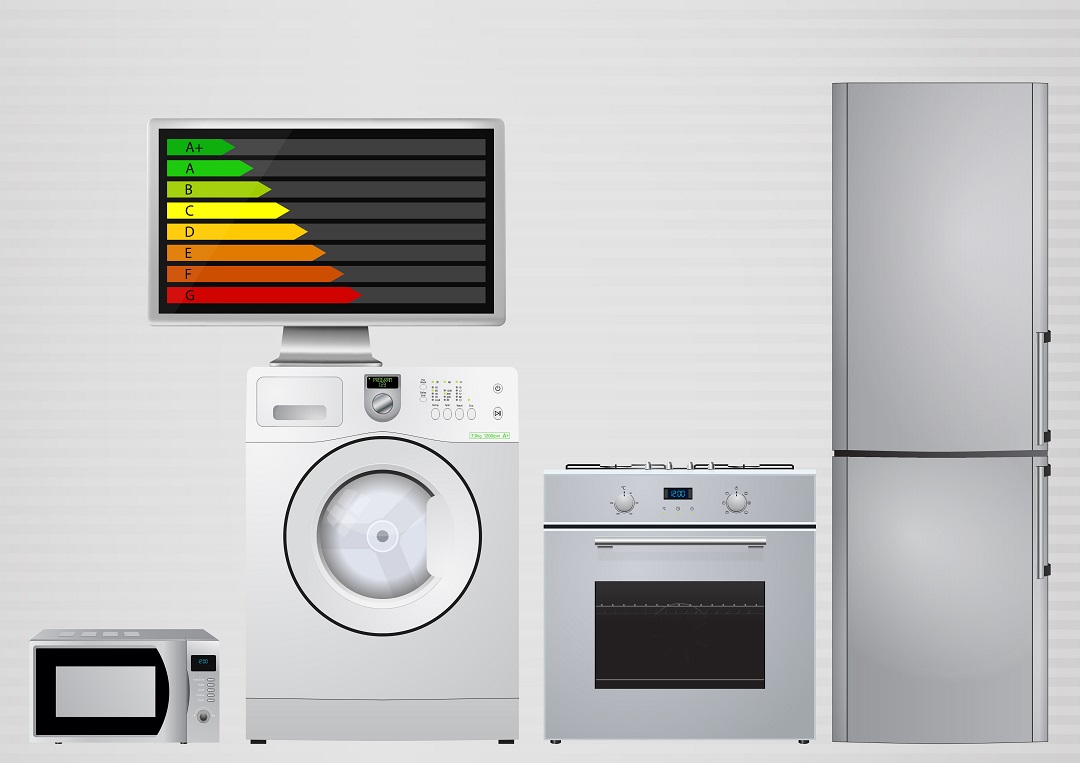Important Factors That Can Determine Your Home Energy Rating

Over the past few years in Australia, there has been a strong push to improve energy efficiency across commercial industries and in the home as well. Not only do such measures allow us to conserve valuable natural resources more readily, but they lessen the negative impact on the environment and climate change. There are now strict energy efficiency requirements in place for new homes and additions; the building authority simply won't give you a permit if your plans fail to meet these standards.
This article will take a closer look at three of the most important considerations that you can plan for to help make your home as energy-efficient as possible.
House Orientation:
The orientation of the house refers to which direction it faces, which parts of the house the sun hits during the day and so on. This can determine how well the house can be heated and cooled through the months of the year and can help keep the home as weather-resistant as possible. In addition, it is considered a cheap way to ensure you have a strong foundation for an energy-efficient home.
As a general rule with Australia's weather and climate, it's a good idea to have bedrooms facing south and living areas facing north. Further, having a lot of east to west-facing windows can be problematic in terms of keeping the home cool. The Australian summer sun can be quite strong, meaning you need to think about what material is exposed to the sun in the summertime. For example, window glazing should be facing north, or you should consider double glazing/applying proper shading.
Insulation:
One of the most important factors determining the energy efficiency of your home is related to insulation. A well-insulated home will remain warm for longer as heat is kept inside more effectively and is less expensive to cool also, using far less energy. An important part of insulation is air sealing, which helps the process. It’s wise to plan to insulate your home from the roof down, the exterior walls and the floors to maximise energy efficiency. Every home is different and how much insulation is needed, how energy efficient a home is will depend on a host of factors, including the aforementioned orientation of the house, its size and the size of individual rooms.

Weather-stripping caulking is a typical way to insulate the doors and windows that can reduce heat or coldness. Many house owners nowadays use programmable thermostats to set optimal temperature control with automatic adjustments.
HVAC System:
Heating, ventilation, and air conditioning (take up a very big portion of energy usage in Australian households. During the humid season, house cooling systems can consume an insane amount of electricity, while during winter, the heating system usage can result in a heavy utility bill. HVAC stands for Heating, Ventilation, and Air Conditioning. The HVAC system refers to a combined system providing central heating, cooling, and ventilation for different rooms and corners in the house, factoring in various technologies and the spectrum of efficiency rates, quality of installation, maintenance, etc.

Along with home energy efficiency and significant power consumption reduction, an ideal HVAC system also contributes to other household health benefits by preventing bacterial, fungal growth or moulds around the damp corners around the house and keeping the home healthy, hygienic and comfortable.
However, as HVAC systems are generally run by electric power, faulty, outdated or poorly maintained HVAC systems can potentially deteriorate home energy rating as well.
Lighting System:
Lighting source is a daily source of energy consumption not just for business or commercial purposes but also in domestic settings. And along with technological advancement, the house energy efficiency standard is rising along with the availability of energy-saving LED lighting systems as a more effective, eco-friendly and long-lasting solution.

These light fixtures also reduce lighting costs, utility bills and over-reliance on electricity. In addition, many households embrace solar panel lighting to make the most out of natural sunlight, which can play a significant role in increasing home energy efficiency and rating with natural warmth during the winter season.
Kitchen Appliances:
In Australia, home appliances and daily use equipment use an average of 25% of the total household energy. So the household item and tools that you utilise in your kitchen can also be a big contributing factor for your house energy rate, as well as your utility bill. The tools include refrigerators, stoves, ovens, dishwashers, washing machines and so on.

You can consider opting for smart, energy-efficient appliances systems to keep your energy rate in check. For instance, with water-saving and collecting features, you can make use of portable heaters, energy-efficient lighting, the quality of your appliances and even your use of carpeting and rugs. Further, for maximum energy efficiency, going all electrical is highly recommended. Finally, with effective solar hot water systems available, it is possible to do without gas, significantly reducing your environmental footprint.
Residential energy efficiency is wide-ranging and difficult. In this article, we’ve discussed just a couple of the important factors that come into the equation, however, there are many more.
For additional information regarding 6 Star energy efficiency rating of your home, contact the efficient energy rating consultants of Superior Energy Rating today.


